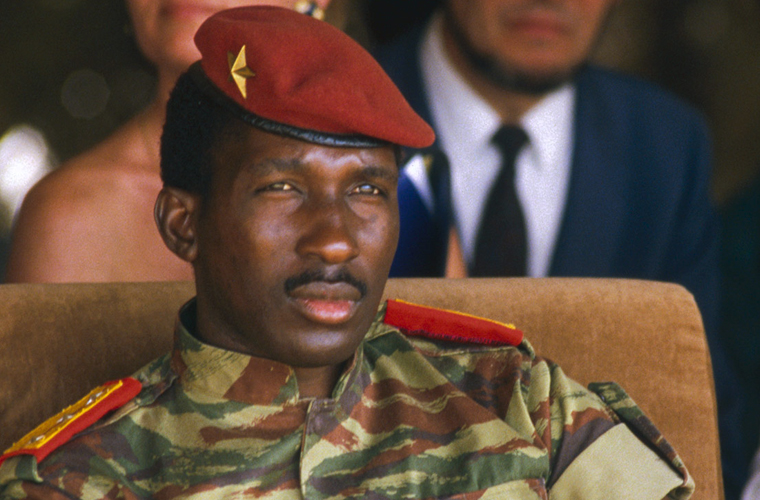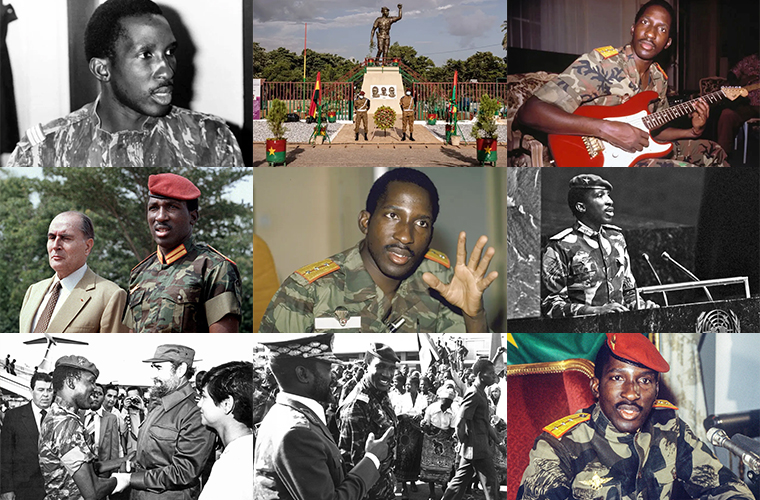Thomas Sankara was a prominent figure in African history, known for his revolutionary leadership and commitment to social and economic change. Born on December 21, 1949, in Yako, French Upper Volta (now Burkina Faso), Sankara rose to power as the President of Burkina Faso in 1983 and remained in office until his assassination in 1987. During his brief time in power, Sankara implemented a series of radical reforms aimed at transforming the socio-economic landscape of Burkina Faso and inspiring change across the African continent.
Sankara’s political ideology was rooted in Marxist principles, and he sought to challenge the neocolonial forces that had long oppressed African nations. He was a vocal critic of Western imperialism and advocated for self-reliance, pan-African unity, and the empowerment of the working class. Sankara’s vision for Burkina Faso was one of equality, justice, and dignity for all its citizens, particularly the marginalized and impoverished.
One of Sankara’s most notable initiatives was his commitment to gender equality. He recognized the vital role that women played in the development of Burkina Faso and sought to empower them through education, healthcare, and economic opportunities. Under his leadership, women were granted greater access to education and were encouraged to participate in all aspects of public life. Sankara famously stated, “The revolution and women’s liberation go together. We do not talk of women’s emancipation as an act of charity or out of a surge of human compassion. It is a basic necessity for the revolution to triumph.”
In addition to his focus on gender equality, Sankara implemented agrarian reforms aimed at redistributing land to the peasants and reducing the influence of traditional chiefs and landlords. He also launched ambitious public works projects to improve infrastructure, healthcare, and education across the country. Sankara’s government prioritized the needs of the rural poor and sought to create a more equitable society through policies that directly benefited the most vulnerable segments of the population.
Sankara’s commitment to social justice extended beyond Burkina Faso. He was a vocal advocate for debt relief for African nations, arguing that the crippling debt burden imposed by international financial institutions hindered the continent’s ability to achieve true independence and development. Sankara’s impassioned speeches at international forums brought attention to the plight of African nations and inspired others to challenge the status quo.
Despite his popularity among many Burkinabés and his efforts to uplift the nation, Sankara faced opposition from various factions within Burkina Faso, including elements of the military and political elite. His uncompromising stance against corruption and his insistence on transparency and accountability threatened vested interests, ultimately leading to his tragic assassination on October 15, 1987.
Thomas Sankara’s legacy continues to inspire generations of activists, scholars, and leaders across Africa and beyond. His unwavering commitment to social justice, anti-imperialism, and pan-African solidarity remains a powerful symbol of resistance against oppression and exploitation. Sankara’s life and work serve as a reminder of the potential for transformative change when leaders prioritize the needs of the marginalized and work tirelessly to create a more just and equitable society.
In conclusion, Thomas Sankara’s leadership in Burkina Faso was characterized by his unwavering dedication to social and economic transformation. His revolutionary vision for a more just and equitable society continues to resonate with people around the world, making him a timeless symbol of hope and inspiration for those who strive for a better future.


